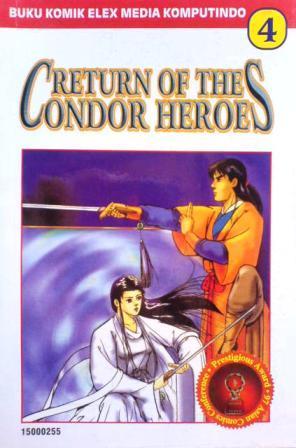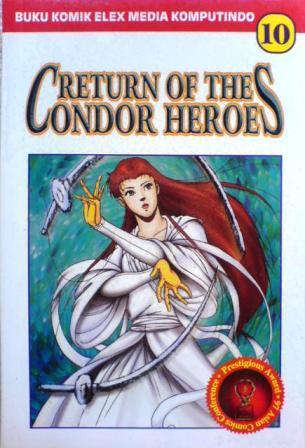... perceptual clutter leads not only to an increase in judgment errors, but also to an increase in perceived signal strength and decision confidence on erroneous trials.In other words, the more visual clutters we have, the more mistakes the user tends to make, and he is also more stubborn about it. Hmm, interesting!!
The researchers performed an interesting experiment and focused on how visual clutter could affect people's perception of orientation. Each user is shown very briefly (100 ms) a picture of various number of icons like the one shown below where one of them is tiled slightly and the others are all vertical. The user is then asked to describe the direction and magnitude of the tilt by either selecting one of 12 tilted icons of various degrees (in sorted order) on the screen, or manually rotating a big icon using the mouse. The user also has to specify how confident he is by marking icons of various sizes, where the sizes of the icons represent levels of confidence.
 |
| Figure 1 in the paper illustrating the experiment sequence |
Experimental results show that under conditions of visual clutter people tend to perceive stimuli to be more strongly tiled when they were wrong about the tilting directions. To make sure this was not caused by low-level sensory interactions between adjacent stimuli when close proximity occurs as the number of icons increase, a technique of "partial cueing" was used, and the results showed similar trends. Confidence ratings reported by users also show that average confidence is significantly higher as icon set size increases.
To illustrate the practicality of the findings, the authors presented a fun example:
For example, soccer referees are frequently required to decide rapidly whether a player is "offside" if the ball is passed to him when there are no defenders (besides the goalkeeper) between him and the goal. this study predicts that when there are several candidate defenders that could place the forward onside, the decision will not only be more error-prone, but the confidence with which referees call their (often erroneous) decisions will be higher.
 |
| Argentina's goal against Germany disallowed because of offside. There was plenty of audio clutter (the vuvuzelas), but I guess there was still not enough visual clutter here! Alas! |
The user study the authors performed is really a pilot study with only ten users (including the authors). Too better validate the findings, a more extensive user study of more human subjects of various age, profession, etc. is probably necessary. I am also curious about whether adding more types of distractors (such as circle icons without line in the middle) would affect the results. Another one to try would be comparing same number of icons that are spaced very tightly versus sparsely (another dimension of clutter).
The paper ended with a quote from John Kerry in the first 2004 debate, which I found quite amusing, I'll also use it to end this post:
It's one thing to be certain, but you can be certain, and you can be wrong. Certainty sometimes can get you into trouble.
Videos of the Day:
Paul, the German psychic octopus, has become a world-wide superstar after it correctly predicted the outcomes of all six of Germany's games in the 2010 South Africa World Cup, including Germany's latest defeat in the semi-final against Spain. Since then, disgruntled German football fans have been sending death threats to the owner and the octopus suggesting a grilled octopus dinner.
With one more game to play for the German team fighting for the third place in the tournament against Uruguay tomorrow, the "Oracle Octopus" spoke again, predicting a German win, but one must wonder weather this has been influenced by the fear of ending up on a sushi menu. Tabarez, the Uruguay coach, however, vowed to beat Germany and the octopus at the same time! Well, may the better team win!
































































































































0 comments:
Post a Comment